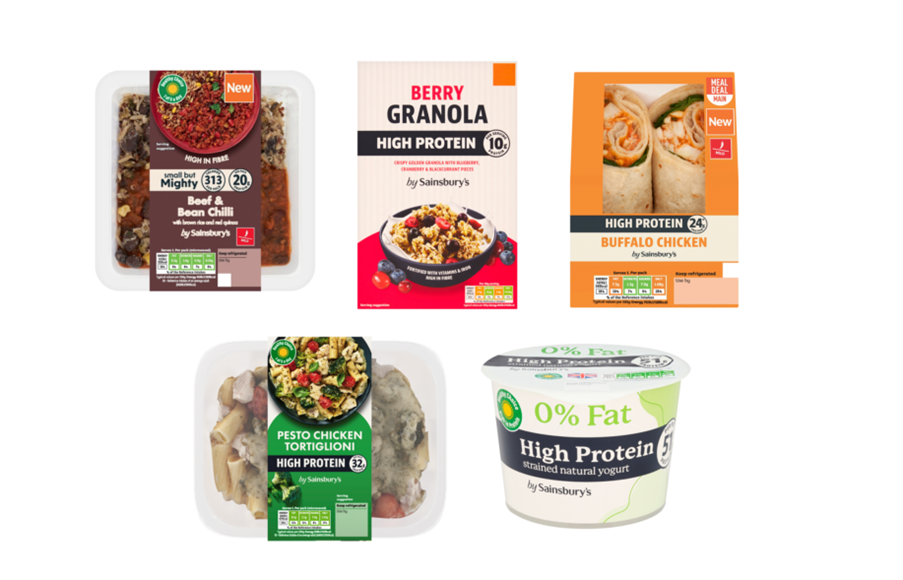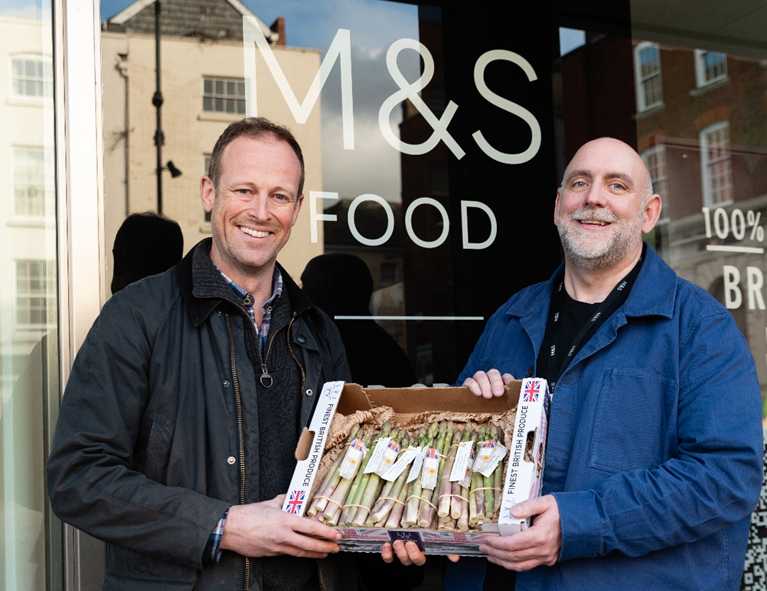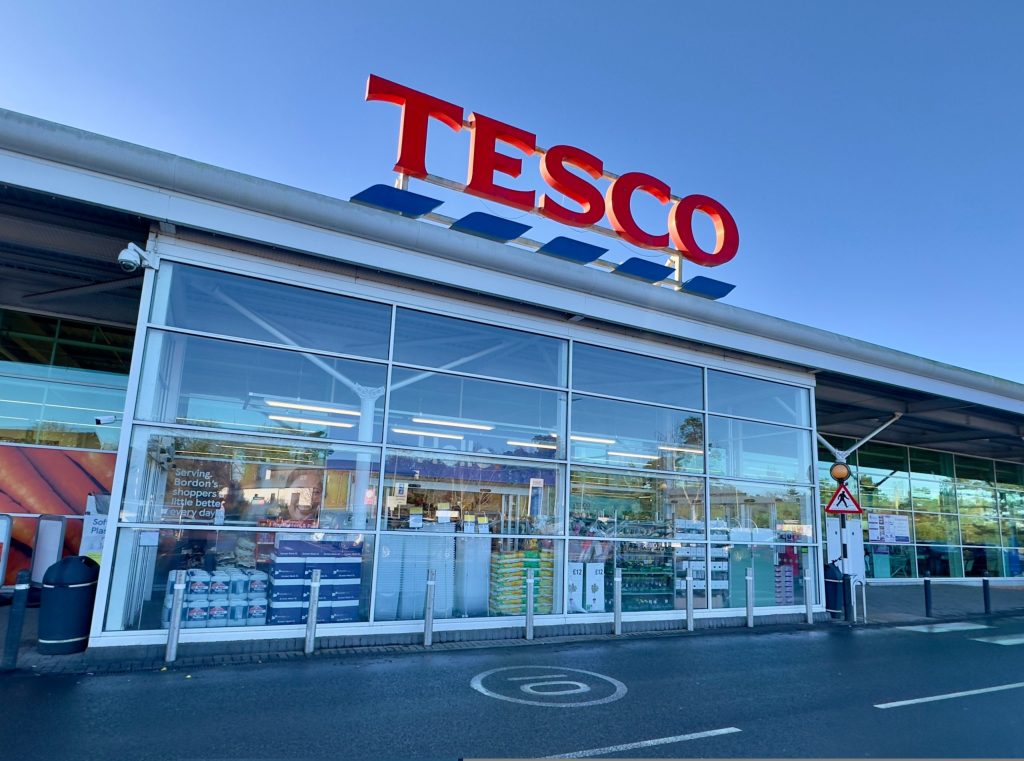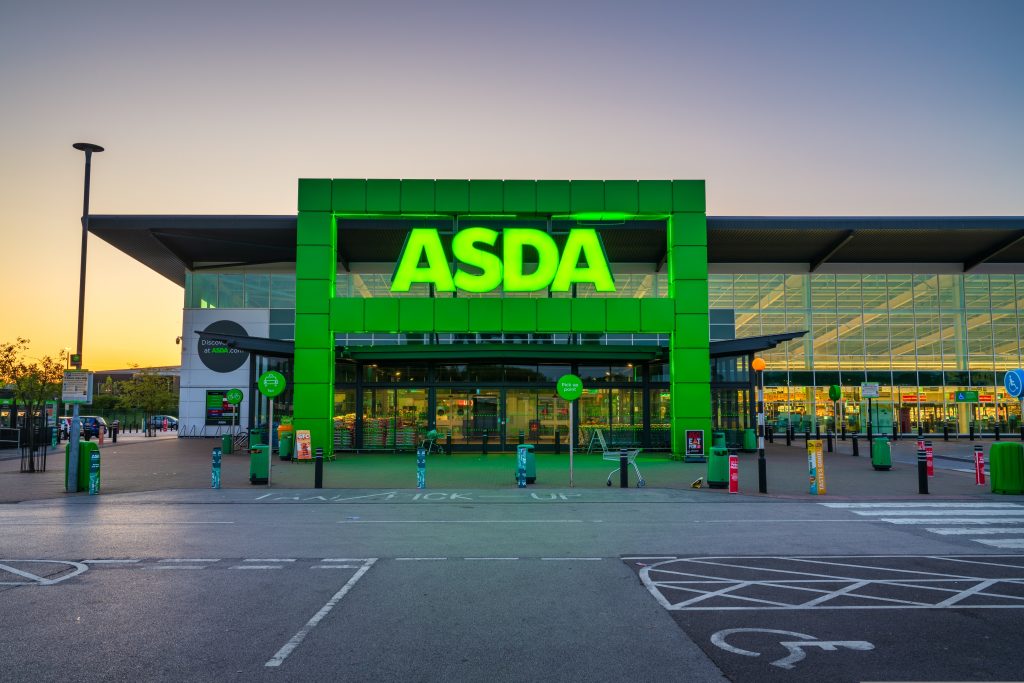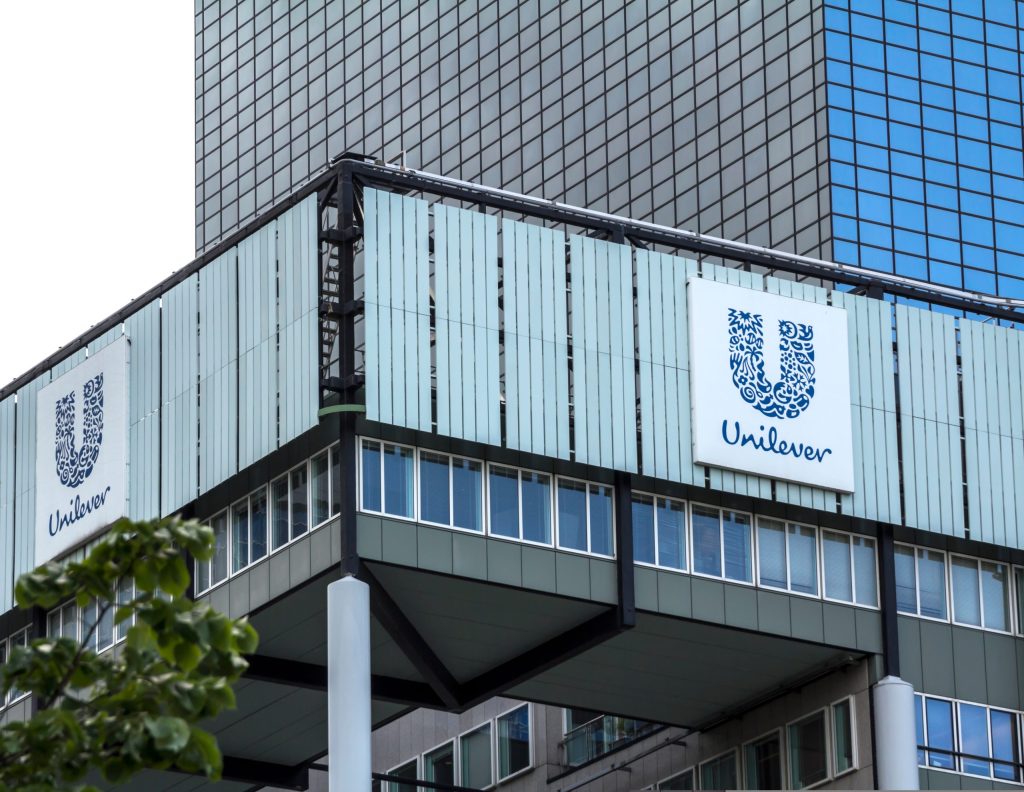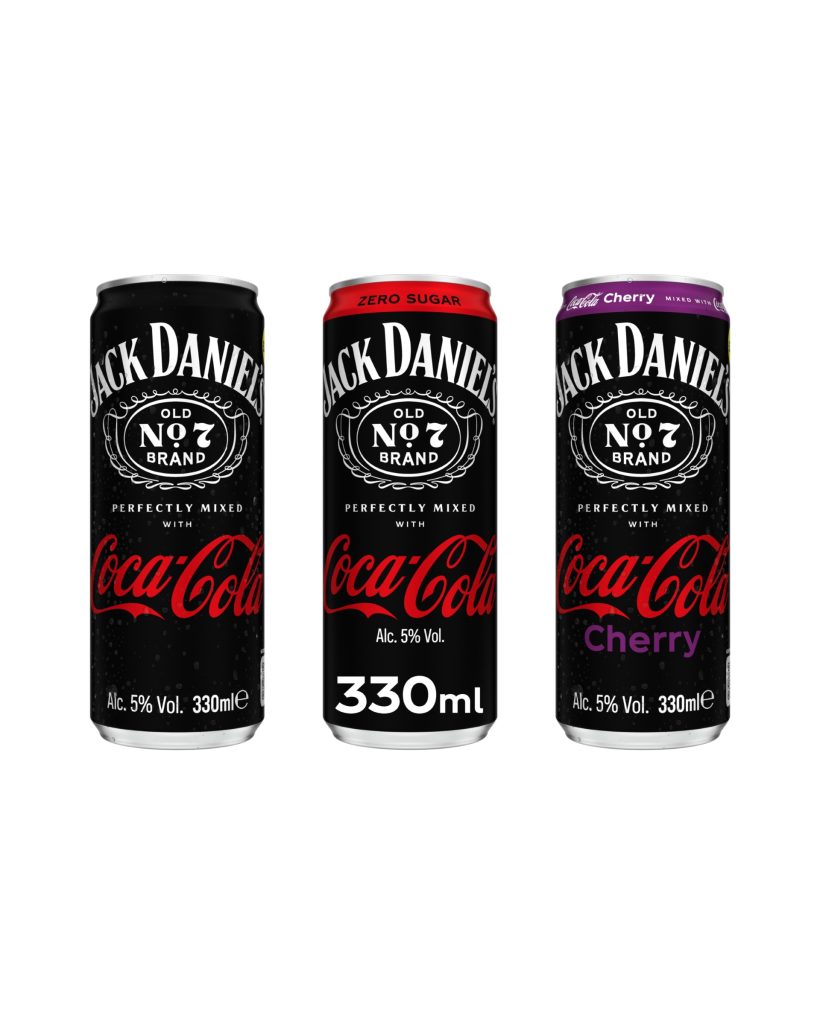Motatos: Why bargain hunters and climate heroes mean the ‘UK market potential is huge’ for the Swedish supermarket
Online-only supermarket Motatos describes itself as a “different kind of food store”. The Swedish supermarket has launched in the UK today, selling well-known brands at knock-down prices, allowing consumers to buy discounted products that would otherwise end up in landfill.
The UK’s current climate of bargain hunters and climate heroes mean the “UK market potential is huge” for Motatos. It’s ambitious; with a target of making £50m in sales in its first three years while also saving 20,000 tonnes of food and consumer products within its first five years.
The redistribution supermarket model is not a new one, but Motatos – which claims to sell well-known products up to 60% cheaper than Aldi and Lidl – is hoping to take it mainstream.
READ MORE: Motatos launches in UK as it claims to be ‘60% cheaper than Aldi and Lidl’
The Motatos model: simple and affordable
“Our business model is very simple,” Motatos’ UK country manager Christabel Biella tells Grocery Gazette.
“Everything we do started with that initial outrage around the craziness of spoiling perfectly good products – the scale of the problem is just madness.”
Motatos buys excess or unwanted products – mainly from food producers but also in some cases wholesalers – that would otherwise end up in landfill, either due to being close to sell-by dates, seasonal changes, outdated or damaged packaging, or excess production.
With a razor-sharp focus on its long-term goal of eradicating food waste, this set-up allows Motatos to focus on its mission of making the sustainable option the easiest as well as most affordable.
While reducing customers’ carbon footprint is core to the business model (Motatos is rightly proud of its claim to be carbon negative), shoppers looking to keep costs low as they continue to feel the squeeze of inflation and rising bills will also benefit.
Looking to appeal to a wide range of consumers across both cost and sustainability is also core to Motatos’ model. The supermarket works with well-known, desirable household brands to help it achieve this, in a bid to keep its offer “as broad as possible”.
“Everyone should be able to shop with us,” says Biella.
“We want to ensure our prices are always competitive and allow our customers to keep saving when they shop with us. We help people cut the cost of their food shop by up to 60%, and they can save up to 10.5kg CO2e with each box they purchase.”
READ MORE: Asda Just Essentials budget range hits stores
Motatos: UK ‘market potential is huge’
Known as Matsmart across the rest of Europe, the business was established in Sweden in 2014 by co-founders Ulf Skagerström, Erik Södergren and Karl Andersson, in response to the global issue of food waste.
The team soon built up a customer base of bargain hunters and climate heroes to join its cause, before expanding across Europe and into Denmark, Finland and Germany. Motatos chose to head to the UK next, after identifying a “strong willingness” to improve both efficiency and sustainability within the food sector.
“The UK market potential is huge for us. With the climate crisis dominating headlines, people are looking for more sustainable options, as well as ways to reduce food waste,” says Biella.
“And as the cost of living increases, people are also looking for more cost-effective options. If we want sustainability in its true sense, it also needs to be affordable – so yes, we believe the appetite for Motatos in the UK right now is very strong.”
The next 12 months will see Motatos focus on growing awareness of the brand, as well as finding long-term solutions to work with FMCG distributors and manufacturers.
“We know it will take some time to build our brand in the market but we’ve set a target of £50 million in revenue, within our first three years,” Biella reveals.
“Within five years, we’re aiming to save 20,000 tonnes of food and consumer products.
While ambitious, Biella believes that target is achievable, describing the UK market as “ready for Motatos. We’re all trying to do our bit to reduce carbon emissions while also being mindful of our spending.”
READ MORE: M&S Food to cut prices across Remarksable value range
Keeping costs low
As the cost-of-living crisis continues to bite, all major UK supermarkets have announced a raft of price drops and freezes across hundreds of essential lines. The drive to stay competitive as consumers look to keep costs low is undeniable, so it’s a great time for Motatos to enter the UK market.
Despite offering household products – such as Heinz, Cadbury, Kellogg’s, Walkers and Typhoo – up to 60% cheaper than Aldi and Lidl, Motatos says it is not challenging the discounters directly.
“We are not in this game to add another supermarket concept to the market,” insists Biella.
“We are here to partner with the food industry to make it more efficient and circular – and let the consumers have the benefit of that through great prices on quality brands they love. The Motatos’ strategy is to keep our costs at a competitive level.
“We offer top quality brands for up to 60% less than leading supermarkets, so this is where we differ from Aldi and Lidl. We are able to offer those high ticketed items at a much lower price.”
READ MORE: Branded FMCG product sales plummet 5.1% as shoppers turn towards own-label
The big brand boost
While there are a number of other surplus food websites and redistribution retailers already operating in the UK, it’s clear that Motatos has bigger ambitions.
“We keep our eyes on the big prize: to push the food system in the right direction,” says Biella.
“For that, we know that we need to partner with the big brands and help them with their sustainability challenges.”
Partnering with Motatos benefits the brands and wholesalers as well, offering a sustainable option for handling excess products and helping them move product they may otherwise struggle to sell.
“By working with us, brands are taking responsibility and helping to tackle the global food waste problem – which of course benefits everyone,” Biella adds.
“Making sure we don’t waste what is already produced is one of the most sustainable things you can do. A big bonus is that reducing food waste usually means it’s a much cheaper option as well.”
Click here to sign up to Grocery Gazette’s free daily email newsletter




